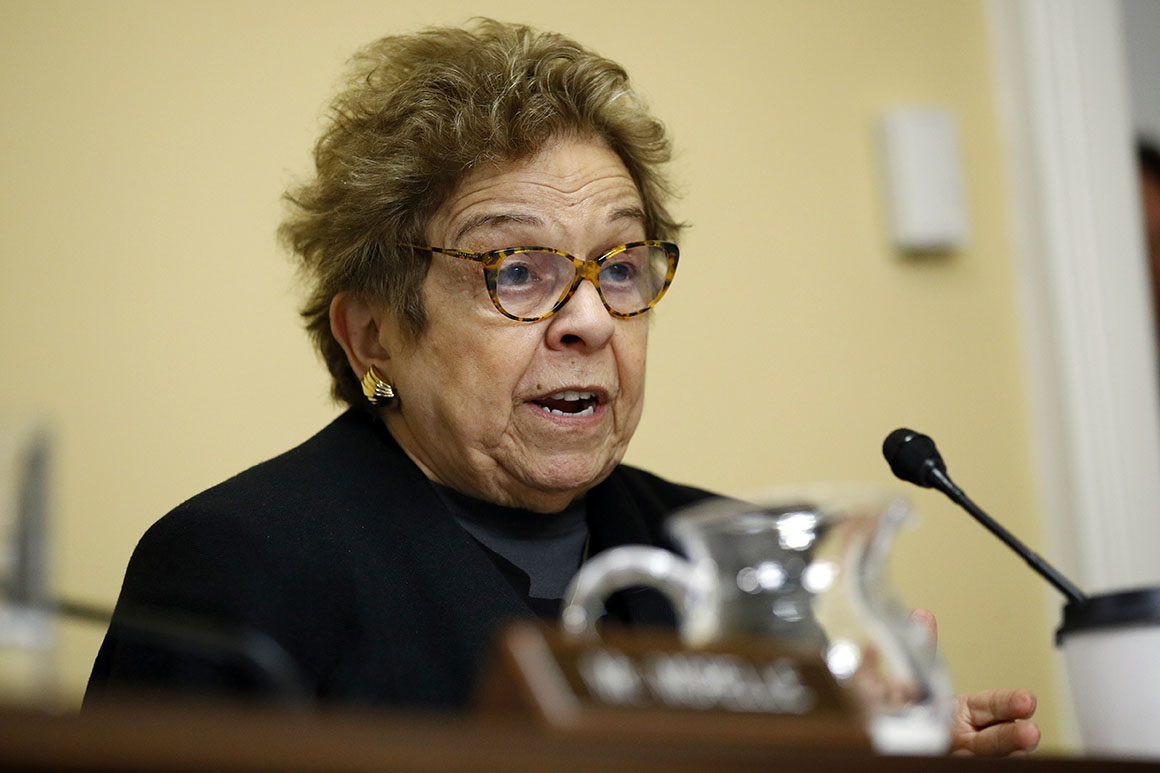
But in the days ahead of the vote, members, including Majority Whip Jim Clyburn, raised concerns about the impact that measures like a menthol ban would have on already over-policed black communities. As the House’s No. 3 Democrat, Clyburn — also the highest ranking African American in Congress — is typically tasked with rallying votes. He was absent for today’s vote.
Speaker Nancy Pelosi had also made impassioned speeches to rally support in closed-door meetings this week with caucus members, as resistance grew among lawmakers representing communities of color and rural areas.
Concerns had also surfaced at the November committee vote where three Congressional Black Caucus members, Reps. G.K. Butterfield (D-N.C.), Yvette Clarke (D-N.Y.) and Donald McEachin (D-Va.) ultimately voted against the bill.
Roughly ninety percent of black smokers report using menthol products. Dozens of other CBC members — including Chairwoman Karen Bass (D-Calif.), who backs the bill — argue that industry has targeted the black community for years and banning menthol would be the ultimate public health move.
Yet Clarke told POLITICO that her vocal criticism is rooted in her experiences as a Brooklyn resident who has witnessed the devastating effects of stop-and-frisk. Black people smoking menthol cigarettes could be “low-hanging fruit” to law enforcement, she said this month ahead of the vote.
„I’ve seen cops stop people for less,” Clarke said. “There are so many mothers in our communities who have lost their loved ones in reckless situations with law enforcement or vigilantes.”
The mothers of both Trayvon Martin and Eric Garner have rallied against the legislation. Garner suffocated and died in 2014 after police put him in a headlock because he was selling cigarettes on the street.
„In my mind’s eye, I can still see Eric Garner saying, ‘I can’t breathe,’” Clarke said.
Supporters of the bill, including its co-sponsors, say it would not penalize consumers, but rather retailers selling banned products. Still, a letter circulated by the American Civil Liberties Union and other civil rights groups ahead of the vote raised alarms, calling the bill a criminalization measure rather than a public health one.
The legislation also loops in a Ways and Means Committee-approved bill that would levy an excise tax on e-cigarettes and channel the expected $10 billion in proceeds over the next ten years toward other health goals. Those include providing colorectal cancer screenings for Medicare users and requiring that high-deductible plans cover inhalers for people with chronic lung disease.
Members, including Rep. Dan Kildee (D-Mich.), who ultimately backed the bill, still expressed concern about other forms of tobacco like hookah — also known as shisha — that could be restricted. „There are implications for pipe tobacco, shisha and other uses of tobacco that are not the focus of targeting of youth,“ he told POLITICO, adding that leadership assured him they would try to narrow the bill’s focus in talks with the Senate.
Source: politico.com
See more here: news365.stream






